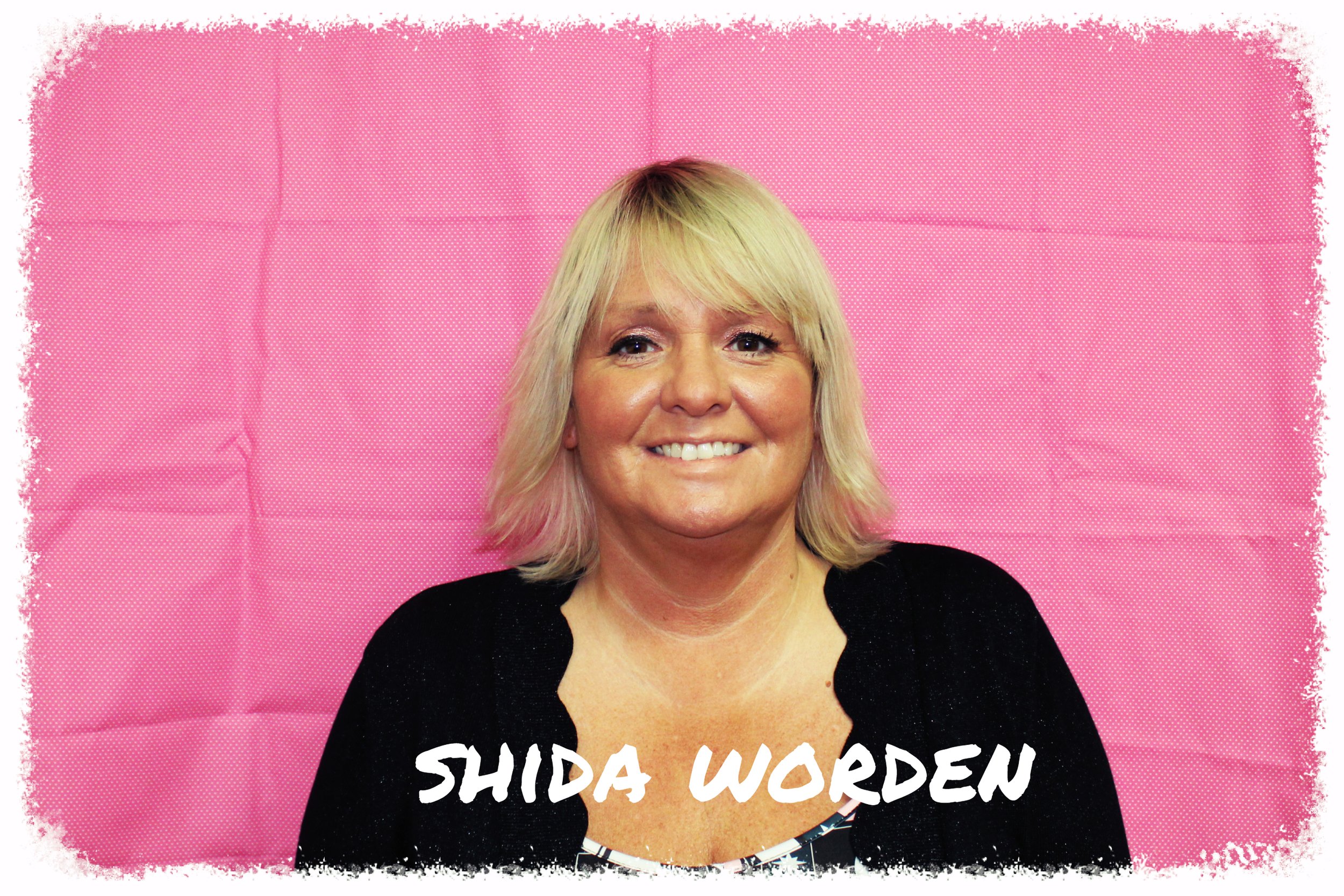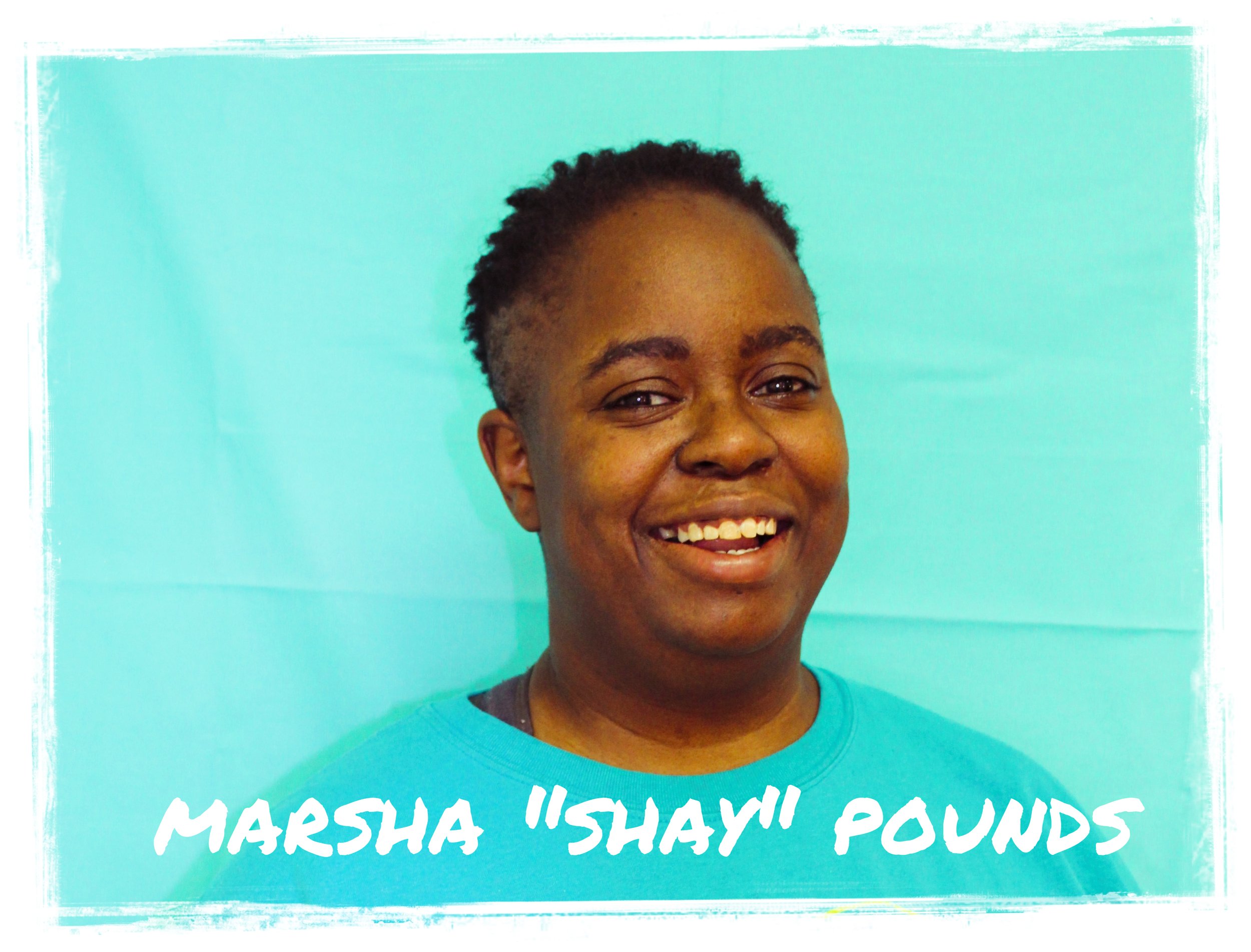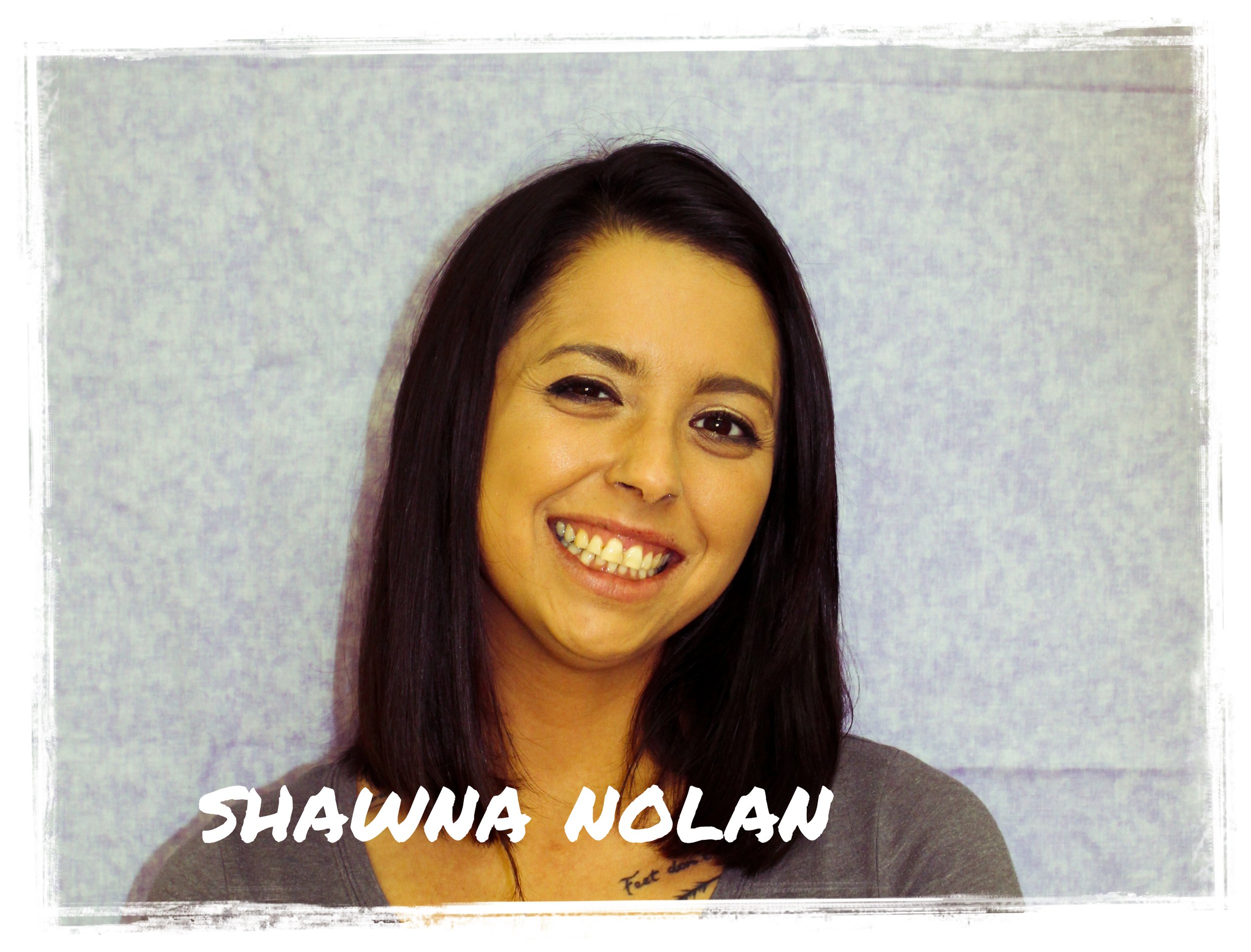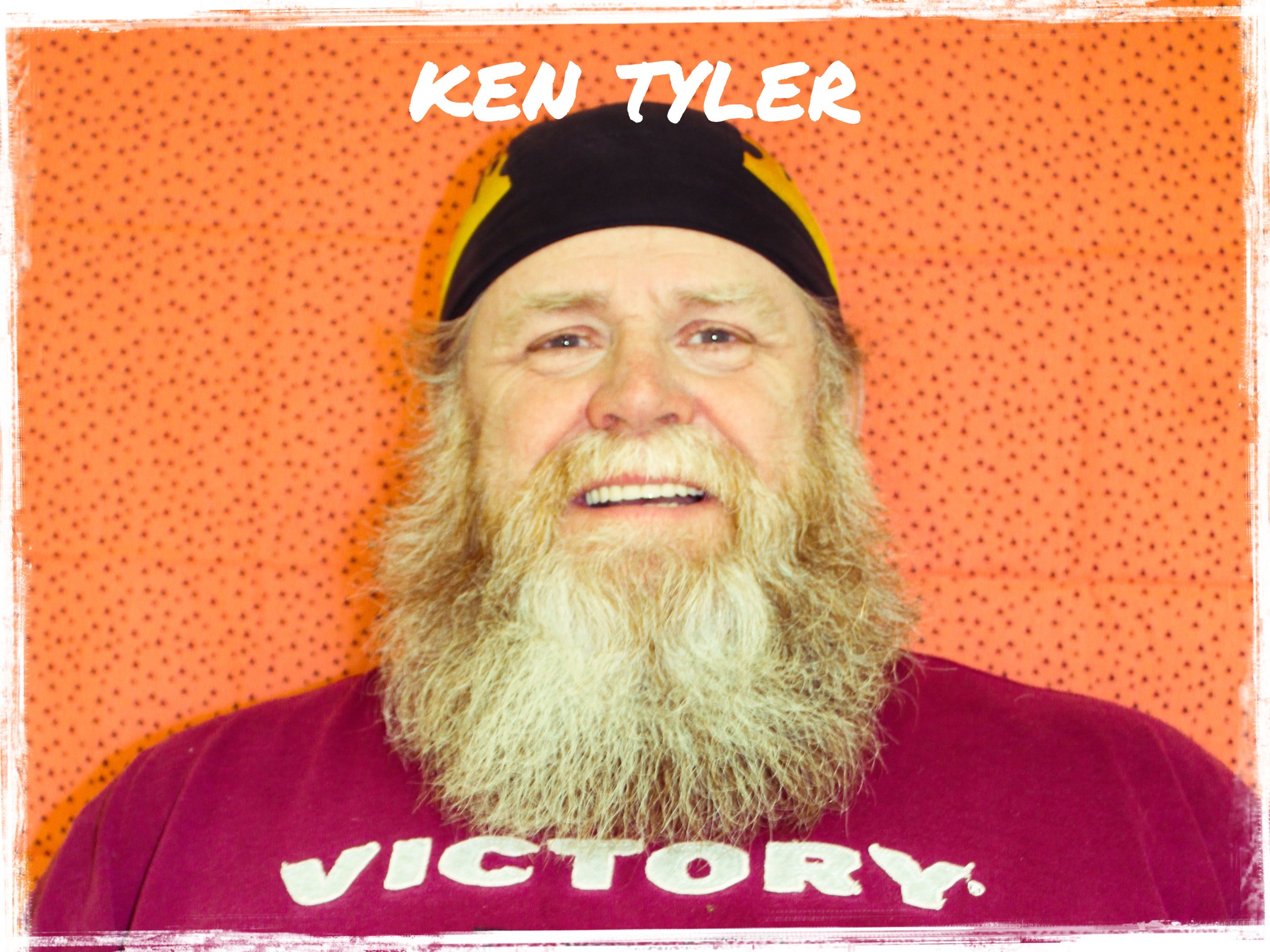Thinking about meeting one of our peers? Click on their photos to read more about them.
Peer Navigators
Ramona Lumpkin, MSW, LLBSW, works for Recovery Institute as a Certified Peer Support Specialist and a Certified Peer Recovery Coach. She also has a SPADA (Specialty Program in Drug and Alcohol Abuse) certificate from Western Michigan University. In 2020, when she began working for RI, Ramona was trained as a SMART Group Facilitator and she co-facilitates our Transformations Group. In the community, Ramona fulfills the role of Recovery Coach to Kalamazoo’s 8th District Men’s Drug Treatment Court, Kalamazoo’s 9th District Family Treatment Court, as well as the Southwest Michigan Recovery Coach Network. She also contributes her skills to the Kalamazoo Defender Project.
Ramona was born in Kalamazoo to a family with generations of successful women. Many strong, female relatives preceded her: musicians, professors, figures in the church, medical workers in the community. As a result, the sense of being a “black sheep” was something Ramona felt early on in life. She spent her formative years navigating her addiction struggles. Today, she lives out her family’s legacy as a strong woman who serves others and gives back on purpose. She works her recovery first before anything and this has allowed her to re-gain trust in herself and her ability to achieve.
“I struggled for years, couldn't stay clean. Couldn't face reality. Because I was an addict, I remember what it was like.” Ramona lives her current life in gratitude for what her past life has taught her. Her way out was the 12 Steps, but she believes it’s important for each peer to walk the path that calls them. “There's beauty when children smile at you on the street, or when you can tell that you’re being trusted…being able to be dependable, that’s true recovery.”
Ramona finds support in her Higher Power, daily inventory, mate, family and other loved ones in her recovery community. She believes in paving the way and building up the youth and racial minorities who are our future. “I understand I won't be here forever, and what’s most important in my life is what I do to help somebody else move forward.”

Kat Sharp, Peer Support Specialist, Recovery Coach,
I am a certified peer-support specialist, a certified recovery coach, and a peer navigator. I am assigned mostly to outreach. I am also the recovery coach for the drug court treatment program. I am currently working on obtaining a bachelor’s degree in social work.

Shida Worden, Peer Support Specialist, Recovery Coach, bio coming soon!
Nick Chung, BA, CPSS, Team Leader, joined the Recovery Institute staff in November of 2010. He was hired to be a team leader and is currently leading Team Empower. Team Empower consists of the Peer Support Specialists who work at RI and who serve the peers coming through the Community Mental Health Access Center and the Borgess Psychiatric Unit.
Through his work, Nick aims to change peoples' minds about what being a peer means. Living as a person with mental health and/or substance use concerns is a description of a peer's challenges- not their character. Nick strives to live as a positive example of a peer who doesn't fit the stereotypes.
Since choosing recovery, Nick has been able to grow as a person again. Recovery enabled him to focus on the things he's good at (such as playing the guitar) and his potentials. It gave him the determination to seek a life that has meaning and it saved his marriage. Nick knows that along with gratitude and faith, his wife has been the rock in his life. He truly enjoys being a husband and he feels fulfilled by living out the role and commitment of a good spouse. He considers himself a homebody who loves to cook, clean, do the laundry, cut the grass...these activities are the opposite of chaos for Nick and they bring peace to his life these days.

Marsha "Shay" Pounds, CPSS, CPRC, Team Leader, was a longtime RI member who joined our staff in May of 2018. She facilitates several RI groups including SMART Recovery and Rainbow United. Shay provides peer support to our members onsite, online and in the Kalamazoo Public Libraries as a Peer Navigator. Shay is also our PoWeR Group Coordinator and official Recovery Coach to Kalamazoo's 8th District Women's Drug Treatment Court.
Shay strongly believes that recovery is possible for anyone. She is also well-aware that time is never promised to anyone. Because of this awareness, she encourages peers to accept the things they cannot change and to find a way to be grateful for what they do have. One thing she knows for sure is that every action has a reaction, repercussion or consequence. She is focused on making choices today that bring her positive returns tomorrow.
Support systems are huge for Shay and she likes to surround herself with friends, family, and the family she has found in recovery. She loves to laugh and it makes her happy when she can brighten someone else’s day. Her life has become a life that she is proud of. She has decided that her past was just a series of stepping stones bringing her to her truest self.

Shawna Nolan, CPSS, CPRC, PoWeR Group Coordinator. bio coming soon!

Mike Weekley, Peer Support Specialist, Recovery Coach

Ken Tyler, CPRC, Recovery Coach, bio coming soon!

Jennifer Warn, Peer Support Specialist,
Jen’s first experience with Recovery Institute was in March of 2022, when She was encouraged by her therapist to apply for a Peer support position. Her Therapist thought this experiment would be good for Jen, because she is caring and empathetic, also it would get her out of her comfort zone, give her an opportunity to grow, gain confidence, and feel as if she were part of society.
Jen’s struggle, with mental health, has been present the majority of her life. She has had to learn to navigate the mental health system, cope with her symptoms and learn a plethora of skills, to help her life feel more manageable, and less chaotic.
Jen still struggles, but she feels she has better control over her mental health. She has adopted a lot of DBT and CBT skills to manage her life. The turning point for Jen in her recovery was when she learned that she could CHOOSE how to REACT to situations and take accountability, instead of blaming others or situations for her reactions.
Jen has found purpose and pleasure being placed in the roll of a Certified Peer Support Specialist. She is passionate about the people she meets, loves the challenge of challenging them to strive for goals, come up with plans to make those goals happen, trouble shoot and find a way over the hurdles, and succeed in accomplishing their dreams.
When Jen is away from work, She likes to hang out with her family. She likes to go fishing, kayaking, camping, ride motorcycles, and spend time with her fur babies. Her favorite hobby, however, is to annoy her husband.
Tina Lauer, CPSS, Peer Support Specialist, has been a part of the Recovery Institute team since her job transitioned here from Community Mental Health in 2008. She is one of the original staff members at RI and she has enjoyed working as our Data Entry Specialist. Tina is also trained as a Certified Peer Support Specialist (CPSS) and an Advanced-Level Wellness Recovery Action Plan (WRAP) Facilitator.
Tina's favorite thing about working with the RI members is getting to know them and watching them move through their recoveries. She believes that recovery exists on a continuum and that it can look different at different points in a person’s life. She believes there is always value in someone being where they are and learning from where they are. Tina's own experience of recovery has been on a non-linear path and she respects the journey of other peers when she sees them embracing the different levels of recovery as they come to experience them.
Inside the peace of mind that recovery provides, Tina finds joy in things that she didn't have access to before. Being able to travel brings her happiness these days and playing with her cat keeps her more mundane moments peaceful. What she experiences now is a positive-focused life and for this, she is grateful.
Patrick Kaufmann, CPSS, PoWeR Group Coordinator. Patrick Kaufmann has worked as a peer support since 2005 in roles including co-occurring treatment, clubhouse, family support, voice hearing, and peer run projects. He co-founded a peer run non-profit that spearheaded hundreds of volunteer hours among people on mental health journeys and hosted peer led campouts, New Years Eve parties, and other festive gatherings. He enjoys speaking about his personal recovery journey at public events. He has contributed to research projects and is an advocate for participatory research. He has a Bachelors in Family Studies. Patrick has a full family of 5 children ranging from age 33 to 3 years old. He is in the process of self-publishing his memoirs.
Sean Harris, PhD, Executive Director, was asked by the former Executive Director of Recovery Institute to take over his position in 2010. This proposal was met with unanimous approval from the RI Board of Directors. Sean was honored to be asked to fill this role as he has been an advocate for the "peer movement" since the 1990s. Before terms like "recovery" and "peer" were present in the mental health vernacular, Sean was supporting the presence of lived experience in the rehabilitation process. He has seen and believes in the difference this can make.
Today, as Executive Director of RI, Sean oversees the operations of the organization. He serves at the board's discretion in terms of their vision for RI and he reports to them monthly on the agency's operations plan. Sean also networks with other organizations in Kalamazoo, the state of Michigan, and periodically, in different areas of the US.
Sean believes in the recovery process because it reestablishes meaning, autonomy and pride for those who seek it. In his role at RI, Sean is able to help create options and avenues for peers to have more say in their own lives. "People with mental health and substance use concerns have been really marginalized and treated poorly and in reality, they should get to be the authors of their own lives." The best part of the job for Sean is the full-circle moment when peers are able to use those opportunities and pathways to better themselves.

